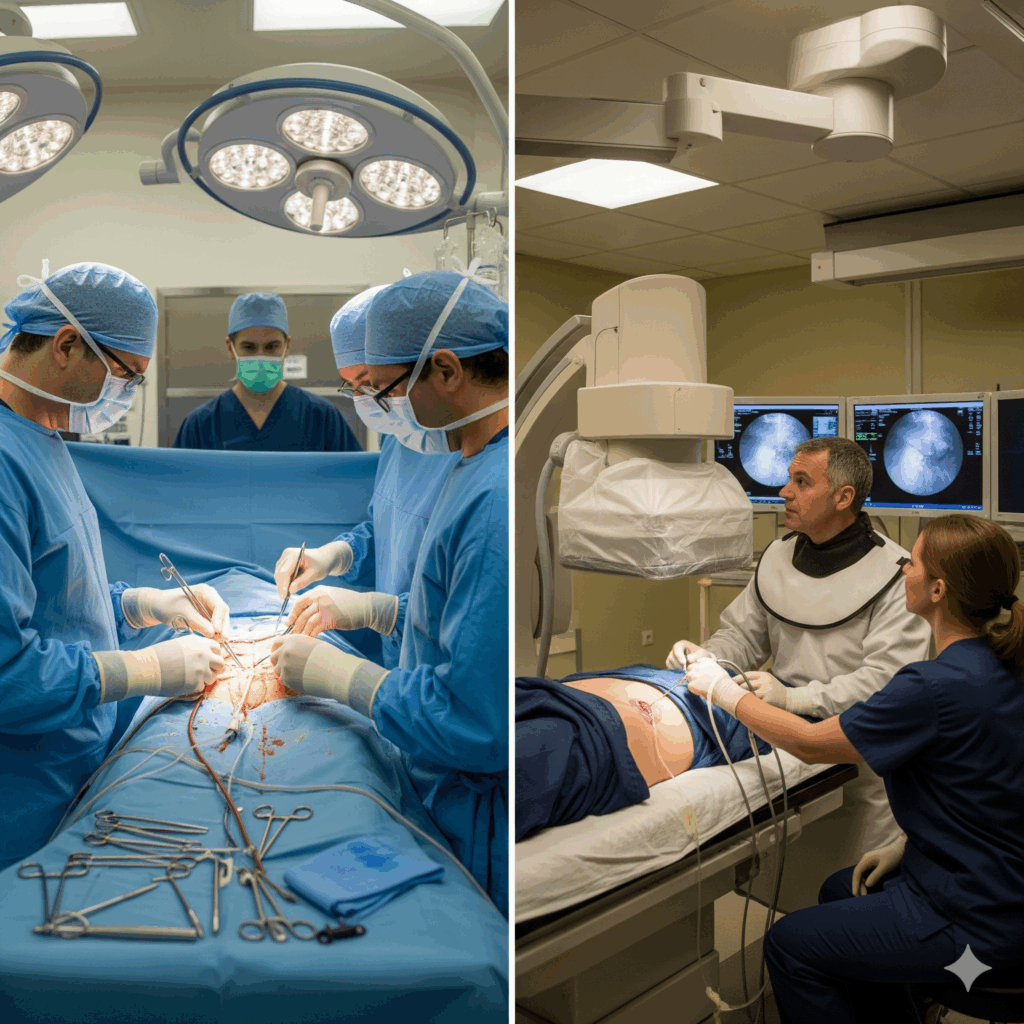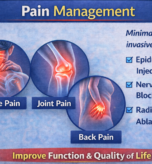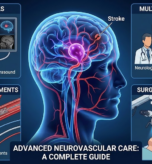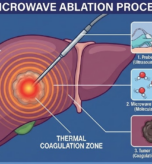Introduction
A heart attack is one of the most serious medical emergencies. Sadly, the number of cases is rising quickly in India. Also called a myocardial infarction, it happens when blood flow to the heart muscle is blocked. This blockage can damage the heart tissue or even cause it to die.
That is why early recognition of the warning signs is so important. Quick access to modern treatments, such as interventional radiology, can save countless lives. If you or someone close to you is at risk, it is vital to know how to spot, prevent, and manage a heart attack.

What is a Heart Attack?
A heart attack happens when blood flow to a part of the heart muscle is blocked, usually due to plaque buildup in the coronary arteries. Without timely treatment, the affected muscle begins to die, and as a result, severe complications or even death may occur.
In other words, quick action is vital.
Heart Attack Symptoms You Should Never Ignore
Recognizing the early signs of a heart attack can prevent severe damage.
Chest Pain/Discomfort – A feeling of tightness, heaviness, or pressure in the chest.
Radiating Pain – Pain that spreads to the arms, back, neck, jaw, or stomach.
Shortness of Breath – Difficulty breathing, even when resting.
Other Symptoms – Cold sweats, nausea, lightheadedness, or fatigue.
⚠️ However, women may experience less obvious symptoms. These may include back pain, indigestion, or unusual tiredness. Therefore, it is important not to overlook even subtle signs.
Heart Attack Causes and Risk Factors
A heart attack usually occurs due to a blocked artery from plaque buildup (atherosclerosis). In addition, several lifestyle and health factors increase this risk, including:
- High blood pressure
- High cholesterol
- Diabetes
- Obesity and lack of physical activity
- Smoking and alcohol consumption
- Family history of heart disease
- Chronic stress
Moreover, addressing these causes early through lifestyle changes and medical care can greatly reduce your chances of a heart attack.
Modern Treatment Approaches
Traditionally, open-heart surgery or bypass surgery was the main treatment option. However, today interventional radiology offers minimally invasive alternatives with faster recovery and fewer complications.
1. Angioplasty & Stenting
A thin catheter is inserted into the artery to remove blockages. A stent (tiny mesh tube) is then placed to keep the artery open. Consequently, patients often enjoy quick recovery and minimal scarring.
2. Thrombolysis (Clot-Dissolving Treatment)
Special medicines are delivered directly to the blocked artery. As a result, blood flow is restored quickly in emergency cases.
3. Advanced Imaging for Diagnosis
Techniques like CT angiography and cardiac MRI help detect blockages early. Furthermore, accurate imaging ensures targeted and safer treatment.
Why Interventional Radiology?
Interventional radiology stands out because it:
- Uses tiny incisions instead of open surgery.
- Leads to faster recovery and shorter hospital stays.
- Minimizes complications and preserves heart function.
- Offers hope to patients who are unfit for traditional surgery.
Therefore, patients benefit from both safety and efficiency.
Dr. Vrishit Saraswat specializes in these cutting-edge, patient-friendly procedures, ensuring world-class care right here in India.
Prevention is Always Better
While advanced treatments save lives, prevention is key.
- Maintain a heart-healthy diet (low salt, less oil, more vegetables).
- Exercise at least 30 minutes a day.
- Get regular check-ups for blood pressure, cholesterol, and blood sugar.
- Quit smoking and limit alcohol.
- Manage stress with yoga, meditation, or mindfulness.
Ultimately, small consistent habits can create long-term protection for your heart.
Conclusion
A heart attack doesn’t always arrive without warning. By staying alert to the signs and adopting preventive measures, you can significantly reduce your risk. And in case of emergencies, interventional radiology offers safe, minimally invasive treatments that save lives with less pain and faster recovery.
👉 If you or a loved one experience heart-related symptoms, don’t delay. Visit Dr. Vrishit Saraswat to learn more about advanced, patient-focused treatments






